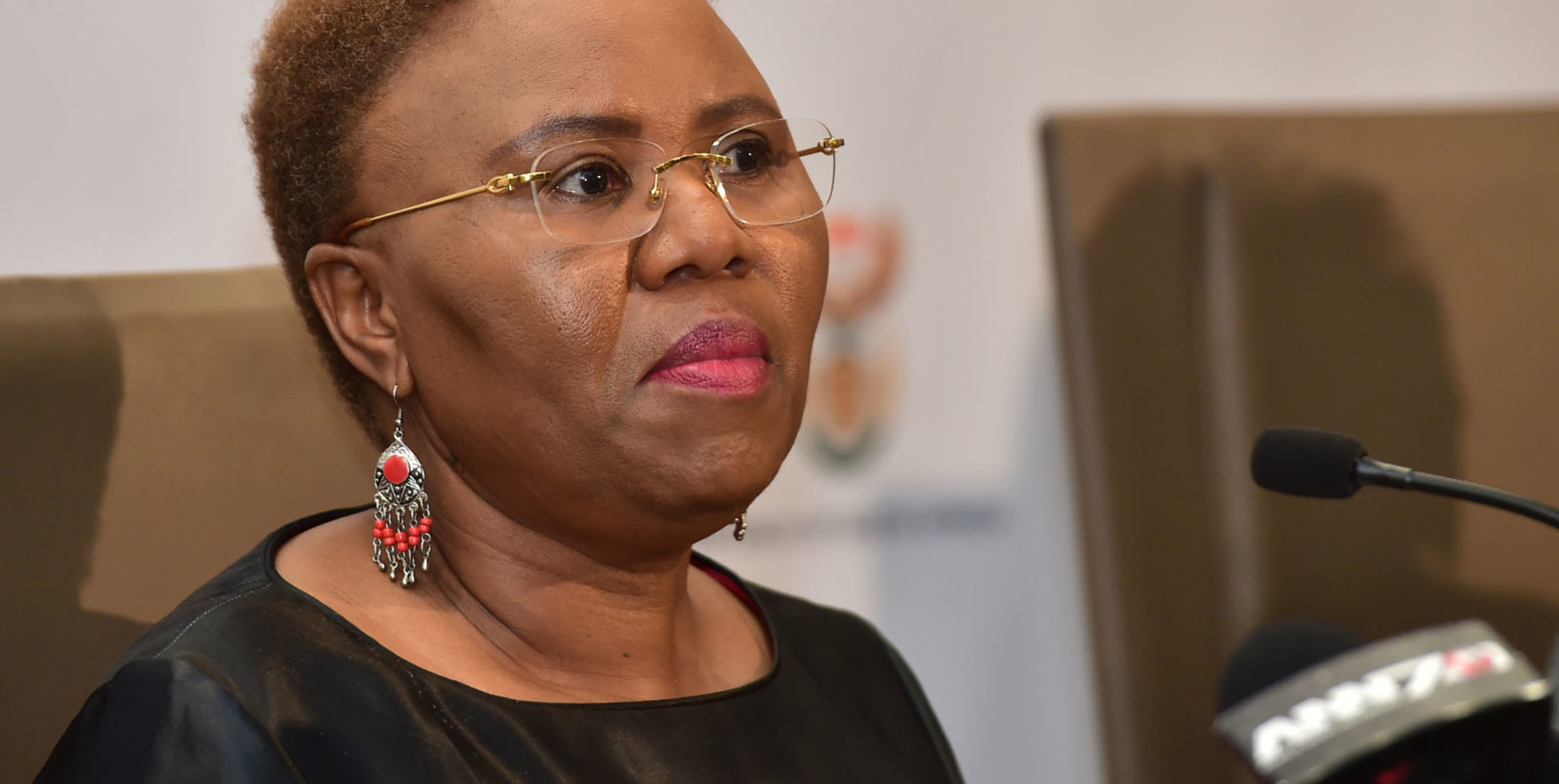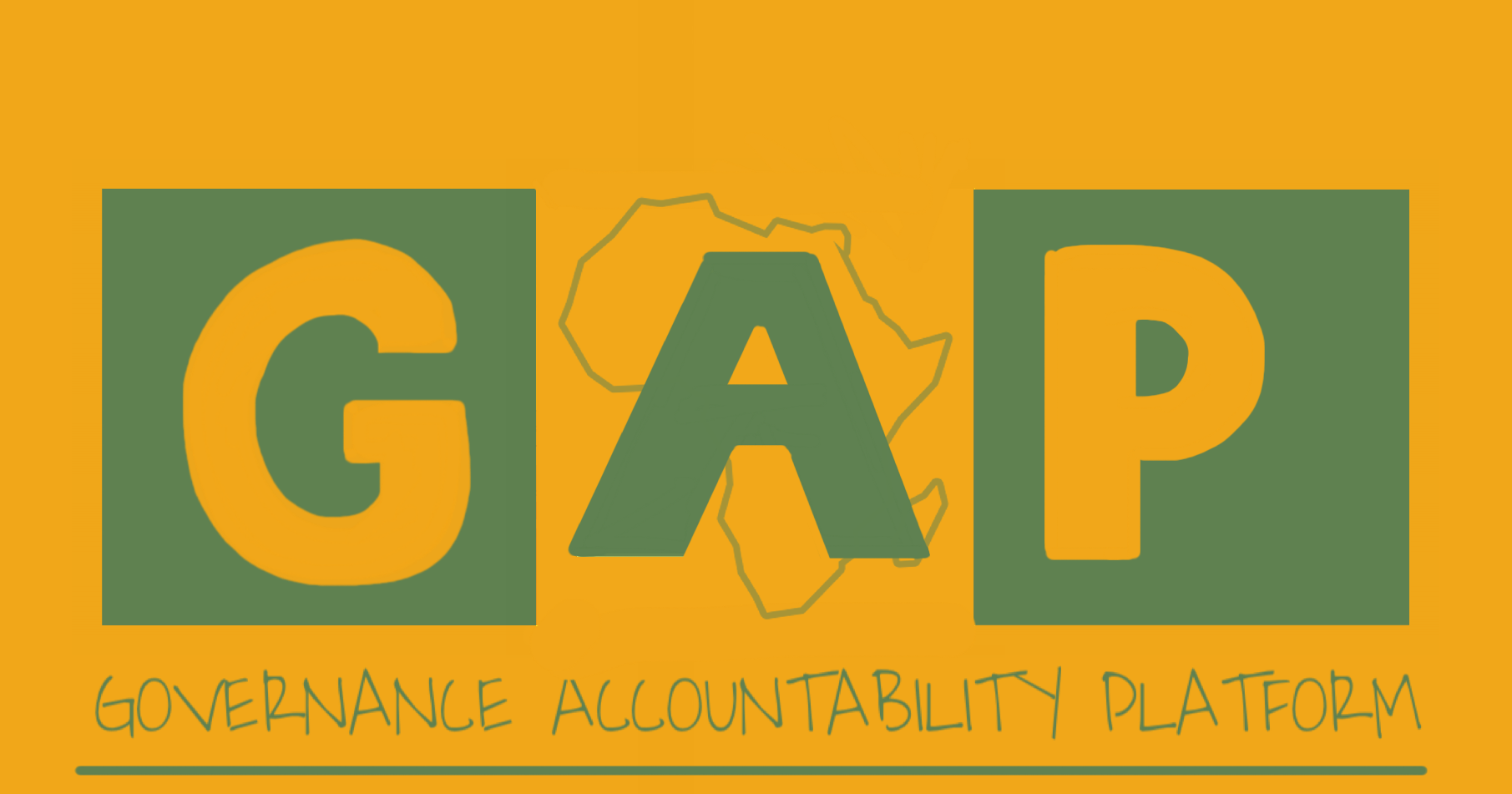News
Why the ANC should back 'all-inclusive dialogue' on Zimbabwe's future
There may be, at last, the prospect of change in Zimbabwe, at least if the apparent attitude change of South Africa is any gauge.

Research Director, The Brenthurst Foundation

Director, The Brenthurst Foundation

The history of successful conflict mediation across Africa demonstrates the importance of three ingredients.
First, of an acceptance by the warring parties that there is more to be gained from ending conflict than continuing it.
Second, of the need for unified external pressure pushing the parties to the negotiation process.
And third, of the importance of leadership, timing and method.
Zimbabwe under Robert Mugabe and, now, Emmerson Mnangagwa has shown a boundless capacity for making things worse for a long time. Now, after years of proving that the notion of “things not being able to get any worse” is untrue, there may be, at last, the prospect of change in Zimbabwe, at least if the apparent attitude change of South Africa is any gauge.
The head of the ANC's NEC Sub-Committee on International Relations, Lindiwe Zulu, has said that it's time for a “broad-based and all-inclusive dialogue” to chart the way forward for Zimbabwe.
“We need to engage with everybody and create a fair playing field so that we can be able to help each other,” she said.
She was speaking during a webinar on Friday 21 August hosted by The Brenthurst Foundation. Tendai Biti, a leader in the opposition Movement for Democratic Change, was also on the webinar.
Zimbabwe's police and military recently clamped down on protests, using heavy-handed methods and several journalists and opposition leaders have been arrested. The economy continued to deteriorate, with inflation over 840%, and poverty accelerating as the fiscal and monetary situation worsens.
Zulu said: “It's got to be an engagement that is based on honesty, an engagement that is based on wanting to implement agreements that have been done. It's got to be based on the political will to take Zimbabwe forward.”
Zulu said she sympathised with Zimbabweans who had been forced to come to South Africa, sometimes taking menial jobs although they had teaching or medical qualifications. The dialogue had to be based on “the fact that the people of Zimbabwe are crying out for a solution.”
She said the ANC would continue to engage with ZANU-PF. “We don't want people to start thinking that the things we say now are because we are against ZANU-PF.” She also noted that South Africa could ill afford the economic and political meltdown, while the “dignity” of Zimbabweans had suffered enormously.
“Let us as the African National Congress be honest and be frank and be straightforward about what is happening. Let our brothers and sisters in ZANU-PF also do the same — be honest and be frank and be straightforward about what is happening because only with the truth on the table shall we be able to deal with the challenges that are facing Zimbabwe.”
Biti said: “Just before I joined this webinar, I was told one of our members has been found naked and dead outside his home in Mashonaland — this regime has declared war on its citizens. The characters may change, but the script remains the same. The script of Zimbabwe is one of political illegitimacy, the rise of autocratic statehood, stolen elections, the absence of a social contract and state capture.”
Zulu said: “There is just no way we can ignore what is happening in Zimbabwe. There is just no way we can ignore the fact that we have Zimbabweans who are crossing the border almost on a daily basis. There is no way we can't ask ourselves a very simple question: Where is the dignity in all this?”
Biti called for a transitional authority to get the politics right as a first and necessary step towards economic recovery. Although he believes that “the agents of change must be Zimbabweans”, he believes that South Africa has a leading role to play.
Increasingly it's clear that the risk of failure at the polls seems to be the only thing that can move countries off a path of economic self-destruction. The ruling ZANU-PF has avoided this fate by rigging elections for the last 20 years, ensuring that politics and elite interests continue to infect policy choices and governance.
In response to the question “Do you now think that based on the record of the last 20 years, what has been happening in Zimbabwe is wrong, that something must happen to change that?”, Zulu replied emphatically “Definitely I do. I do believe that whatever successes were achieved [since independence] … are being reversed now, and it is time for us … [to be] honest and frank and … put the people at the centre of this.”
The ANC has, until now, preferred to see Zimbabwe through its own domestic political party prism, by which ZANU's demise would be a threat to the ANC's leadership. Hence a strategy which sought to legitimise a government despite its record of economic calamity and election theft, while holding at arm's length the opposition.
While Zulu was at pains to emphasise the closeness of ties between ZANU-PF and the ANC as fellow liberation movements, could it be that ZANU-PF's continued impunity is increasingly the greatest threat to the ANC's moral authority?
This article originally appeared in The Daily Maverick.
Watch the full GAP webinar here.


